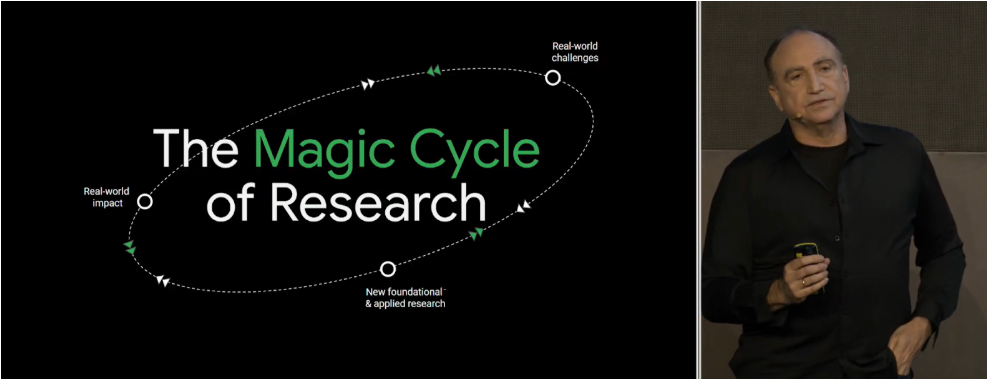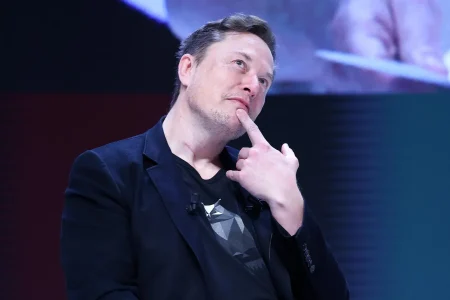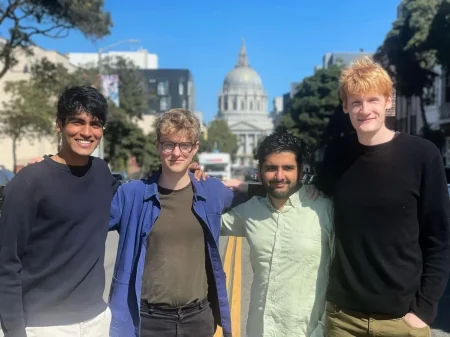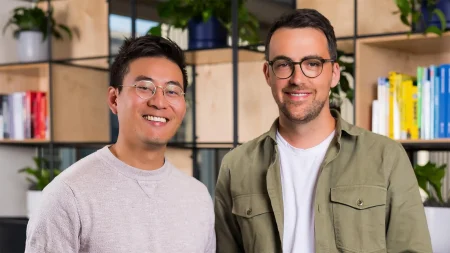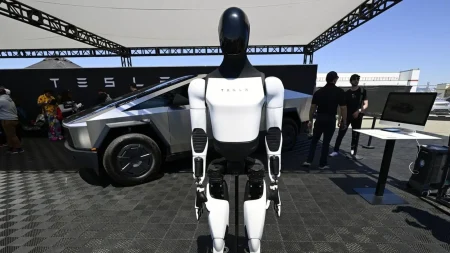Google Research Cycle: A Research Portfolio Timeline
At an Imagination in Action conference this April, I attended a Q&A session with Yossi Matias, a seasoned professional with over 19 years at Google and head of Google Research. He provided a summary of how Google’s research cycle operates, focusing on the iterative cycle of investigation, vetting, and replication of research questions.
The research cycle at Google is defined by three key stages:
- Investigation and Problem Formulation: Questions are raised by contentious topics, often rooted in well-established science and the pressing needs of society.
- Strategic and Regional Validation: Questions are strategically validated by announced workshops or panels to ensure they align with broader societal concerns and research institutions.
- Return to Impact: Once validated, outcomes eventually return to the area of investigation, even to early-stage researchers.
Matias noted that the research cycle at Google mirrors the Dartmouth Conference on AI, which highlights the passage of time and the evolution of ideas. He argued that AI itself is a driving force that not only existed older but is also evolving, influenced by new technologies and societal needs.
Roads to Greater Potential: Societal-Centered AI
Google’s research cycle naturally extends into applications that have a profound societal impact. Areas such as healthcare, education, and climate change are promising because advancing research in these fields leads to solutions that directly address societal challenges. These advancements are not just scientific curiosities but have the potential to transform lives and policies.
For example, research in flood prediction, broadband customization, and quantum computing—the pace of innovation at Google aligns with the rapid progress expected to occur in these fields. Matias interpreted this as a beacon of capability, offering new avenues for};
The Research=Value Restaurant: Building a Community
M Atti emphasizes the crucial role of collaboration in the research cycle, particularly in areas like public health, where solving complex problems requires collective effort. He shared lots of examples, from researcher teams working in’);
He also highlighted how foundational research at Google has already created significant opportunities. Quantum error correction, for instance, is a placeholder for the next step in research, while foundational AI work could pave the way for new technologies planned soon.
Finally, he called for the creation of a vibrant community, providing roles like co-creators or advertisements for groundbreaking research. According to him, think of “M Atti” as a norm, helping researchers collectively shape the future of AI and its applications.
This structured summary captures the essence of Google’s research cycle, emphasizing the iterative cycle, societal impact, and the importance of community and collaboration.





